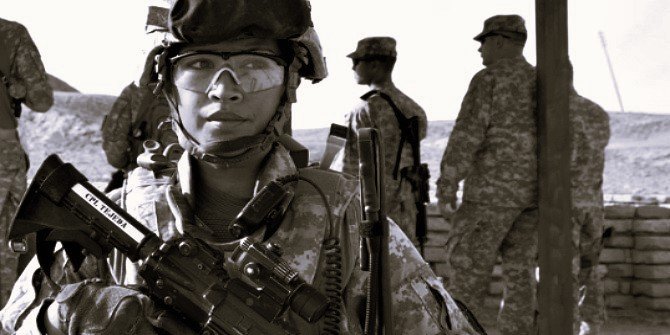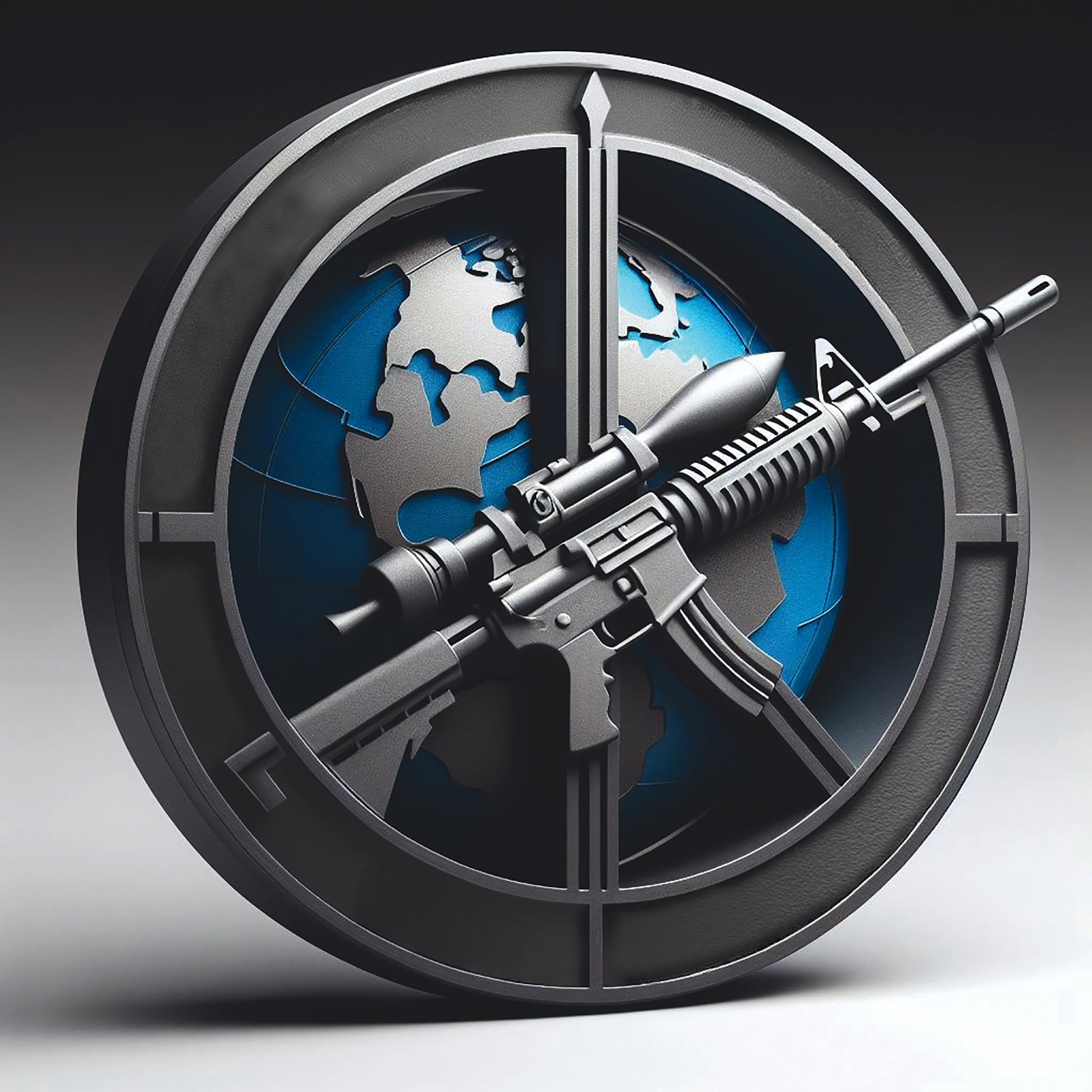a global commitment
Resolution 1325 marked a significant milestone as the inaugural resolution to tackle the inclusion of women in peace and security affairs. Additionally, it initiated a succession of resolutions, each focusing on distinct aspects related to safeguarding women and girls during conflict and enhancing their involvement in decision-making processes.
International law
The 1325 Resolution underscored the crucial necessity of confronting sexual violence occurring in conflict zones.
Core pillars of UNSCR 1325, along with subsequent resolutions, emphasize the enduring and widespread consequences of sexual violence, affecting not only individual victims but also entire communities over extended periods. Consistent with the resolution, international criminal courts and legislation have established new benchmarks and established clear precedents by prosecuting sexual violence as both a crime against humanity and a war crime.

The information regarding the resolutions mentioned has been sourced from the United States Institute of Peace website.
"SCR 1820: Passed in 2008,
Resolution 1820 acknowledges that sexual violence in conflict is employed as a tactic of warfare and advocates for troop training to prevent and address such violence, increased deployment of women to peace operations, and strict enforcement of zero-tolerance policies for peacekeepers regarding acts of sexual exploitation or abuse".
"SCR 1888: Passed in 2009,
Resolution 1888 bolsters the execution of Resolution 1820 by urging leadership to tackle conflict-related sexual violence, sending teams (comprising military and gender experts) to crucial conflict zones and enhancing monitoring and reporting on conflict patterns and perpetrators".
"SCR 1960: Passed in December 2010,
Resolution 1960 urges an end to sexual violence in armed conflicts, particularly targeting women and girls and proposes measures to combat impunity for those responsible for such acts, including sanctions and reporting mechanisms".
"SCR 2106: Passed in 2013,
Resolution 2106 offers practical advice on dealing with sexual violence and advocates for the increased deployment of Women Protection Advisers".
"SCR 2122: Passed in 2013,
Resolution 2122 urges all peace talk participants to enable equitable and complete involvement
of women in decision-making processes; seeks to enhance women's engagement in peace efforts by allocating more resources to women in conflict areas; recognizes the vital roles played by women's civil society organizations".
"SCR 2242: Passed in 2015,
Resolution 2242 commemorates the 15th anniversary and restates dedication to Resolution 1325; emphasizes the contribution of women in combating violent extremism and tackles the distinct effects of terrorism on the human rights of women and girls".
"SCR 2467: Passed in 2019
Resolution 2467 acknowledges that sexual violence exists within a broader spectrum of violence against women and girls and underscores the obligation to tackle the underlying causes of sexual violence, particularly structural gender inequality and discrimination".
"SCR 2493: Passed in 2019,
Resolution 2493 calls upon member states of the United Nations to pledge their commitment to executing the nine Women, Peace, and Security resolutions that were previously adopted".
All resolutions aligned with UNSCR 1325 underscore the significance of women’s involvement across all dimensions of Peacebuilding and its methodologies.
